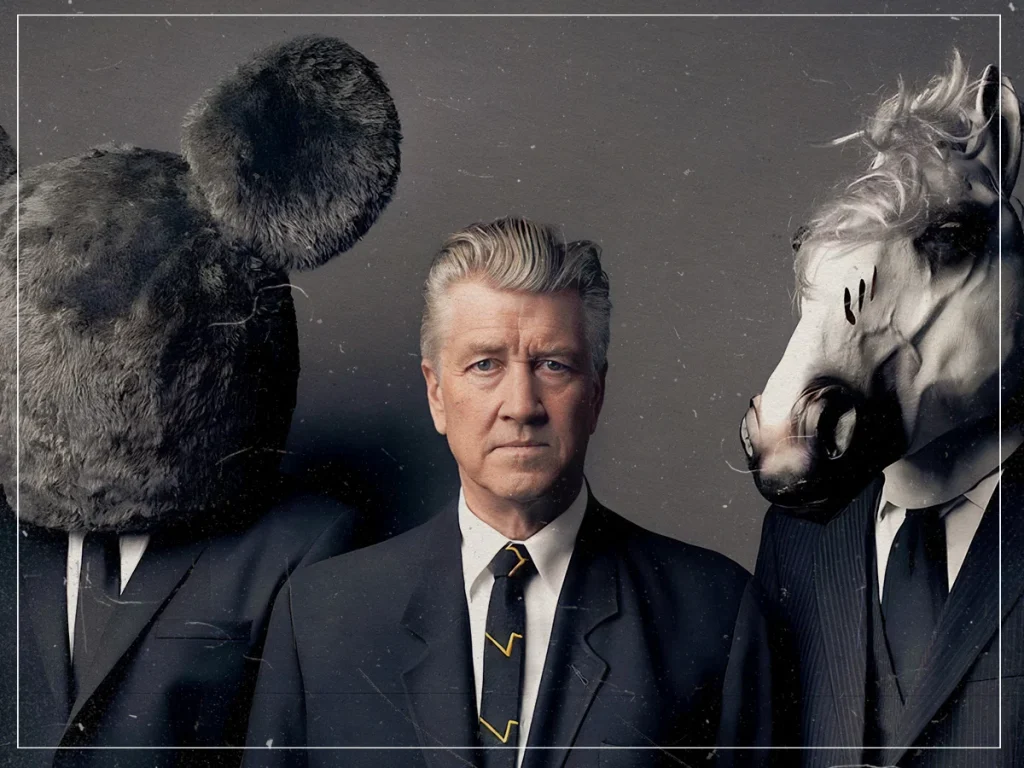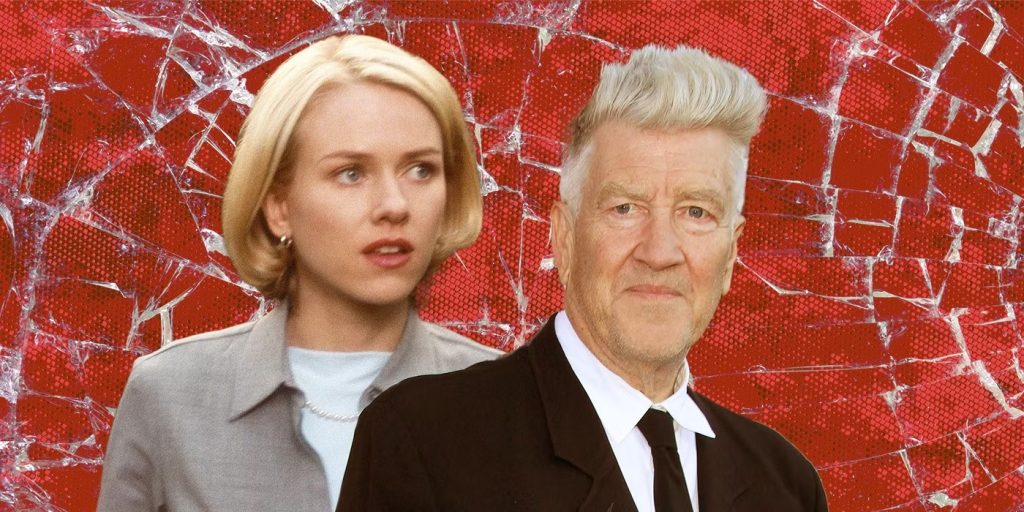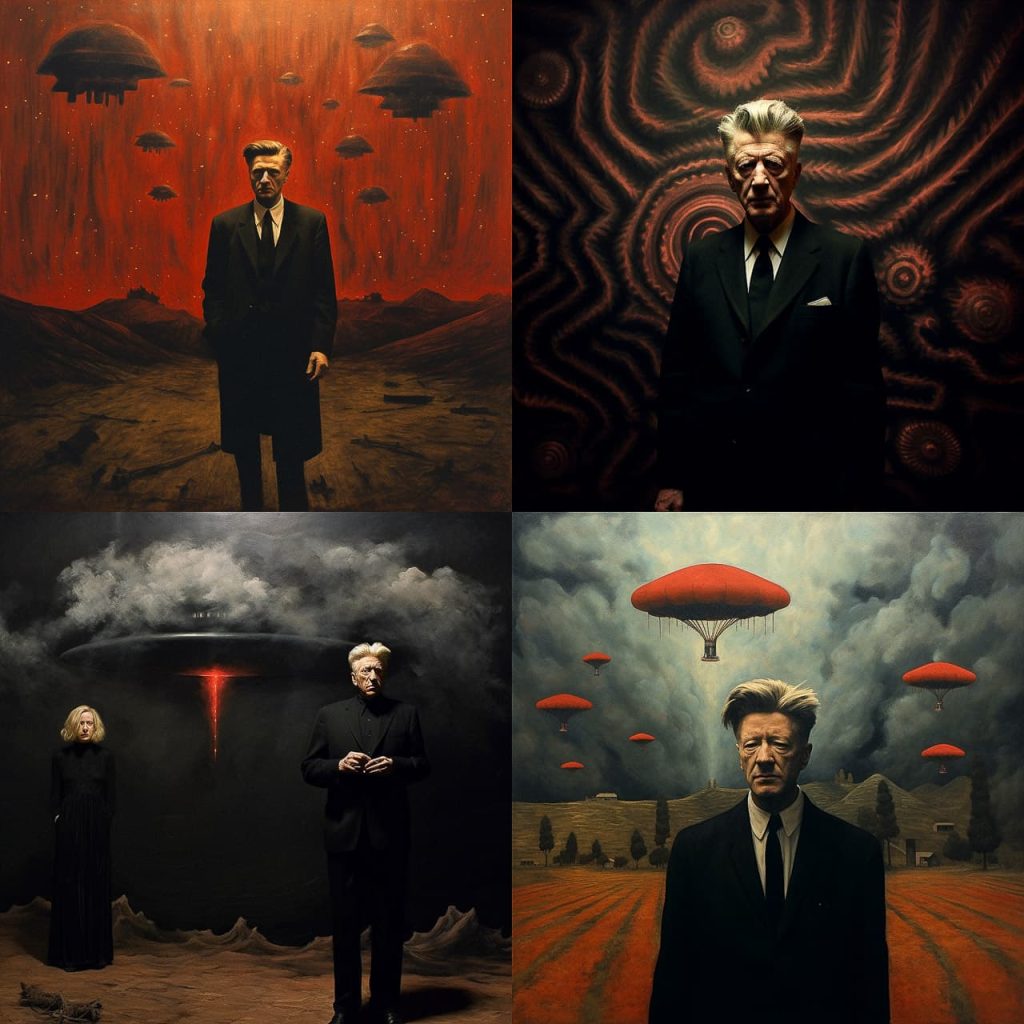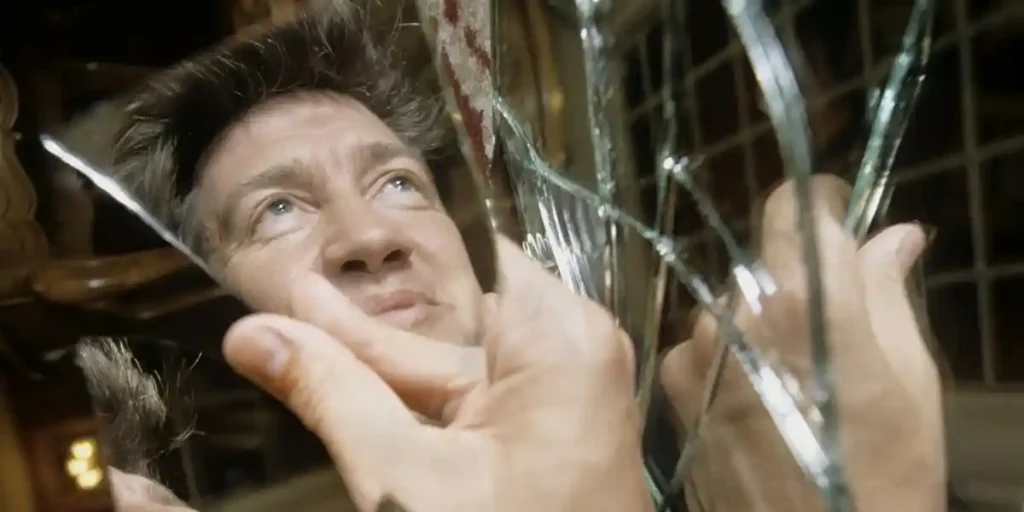Who is David Lynch?
David Keith Lynch, born on January 20, 1946, was an American director and Cannes Palme d’Or winner, who died on January 15, 2025. Lynch is known for his unique style and complex and strange stories. He also introduced himself under the stage name Jude S. Booth. It should be noted that Lynch’s name is on the list 10 prominent American directors is located In this part of the biography of famous people in Star, we will examine the details of David Lynch’s life, artistic career, family and children.

Personal life of David Lynch
David Lynch is one of the most famous and renowned directors of Hollywood cinema. He was born in Missoll, Montana. Lynch’s father was a researcher and because of his job, he was constantly forced to live with his family in different cities. David became interested in painting as a child, and after finishing high school, he went to the Boston School of Fine Arts. After studying at the art school, he turned to cinema and by making films that were a combination of dream, reality and abnormality, he showed his special style to those interested in the world of cinema.
During high school, Lynch showed little interest in school activities, but was popular with the students. After high school, he decided to study painting in college and then attended the School of the Museum of Fine Arts in Boston. At this time, he decided to travel around Europe, hoping to meet the Austrian expressionist painter Oskar Kokoschka in Europe and be trained in his school, but upon reaching Salzburg, he found that Kokoschka was unavailable and returned to America disappointed. .
David Lynch’s wife and children
Returning to America, he decided to move to Philadelphia and enroll in the Pennsylvania Academy of Fine Arts. During this time, he married one of his classmates and soon after, their daughter was born. This was the first of four marriages for Lynch, who rented a cheap house in a neighborhood in the lower part of the city. A time when Lynch himself later said, “We were living cheaply, but the city was full of fear. A kid was shot dead in the street, we were robbed twice, windows were broken, and a car was stolen. The house was locked for the first time just three days after we moved in. This feeling of extreme fear and danger along with violence, hatred and dirt at that time had the biggest impact on my life.”
After that, Lynch divorced his wife and married 3 more times. The result of his marriages are 4 children, of which his daughter, Jennifer, chose her father’s path and is now a director and screenwriter.

Death of David Lynch
Lynch said last year that he was diagnosed with emphysema due to years of smoking (since the age of 8) and was housebound. On January 15, 2025, his family announced his death in a Facebook post and wrote: “Now that he is no longer with us, there is a great void in the world, but as he used to say, you should keep your eyes on the donut, not the part. Nothing in the middle of it.
Life of Henry David Lynch
During his years studying at the Pennsylvania Academy of the Fine Arts in Philadelphia, Lynch was able to begin making short films. His first experience as a director began with an animated short film called “Six Men Getting Sick” in 1967. Then, in 1970, he went to the American Film Studies Center and made his first feature film called “Eraserhead”, which also starred his daughter Jennifer.

Lynch’s special style of filmmaking
Lynch’s style in cinema is known as “surreal cinema”. By combining elements of dreams, nightmares and reality, he created an unknown and often chaotic atmosphere.
A review of David Lynch’s films
In the following, we will review David Lynch’s films.
Eraserhead
The Ripper, Lynch’s first film in 1977, is a cornerstone of surrealist films known for its unrecognizable and haunting imagery. With its stark black-and-white cinematography and minimal dialogue, “The Ripper” looks like a nightmarish silent film, accompanied by an eerie sound design; Of course, this film cannot be considered Lynch’s best film, but it is undoubtedly an unforgettable film, just like a dream that stays in your mind long after you wake up.
Elephant man or devil man
In 1980, David Lynch directed the film “The Elephant Man” (The Elephant Man), which earned him an Oscar nomination. The Elephant Man is the perfect sequel to The Ripper. The previous film explored parents dealing with the birth of an unexpected and unwanted child, “The Elephant Man” explores what life is like for a lonely, misfit child growing up in an unloving world.
Erland (Eraserhead)
One of the most important and influential works of Lynch is the movie “Erland” (Eraserhead), which was released in 1977. This movie tells the story of a man who lives in a strange world with his adoptive parents and unusual child. “Erland” became a classic work in the style of surreal cinema due to its violent images and full of psychological symbols.

From the bottom of the wild heart
In 1990, he made the film “Wild at Heart” based on the novel of the same name, written by Barry Gifford, which attracted critical acclaim and won him the Cannes Palme d’Or. It’s a hallucinatory fantasy that’s part road movie, part crazy romance, and part Wizard of Oz homage. The entire film is based on an eventful and terrifying journey of sadness and cruelty.
Mulholland Drive
Mallhand Road is an enigmatic and complex narrative that touches the heart of Hollywood’s dreams. Every moment in the film, from its brightest highs to its darkest lows (the scene behind Winky’s diner dumpster is one of the scariest moments ever put on film) has an uncannily otherworldly quality, enhanced by Angelo Badalamenti’s score.
Blue velvet
One of David Lynch’s other works is Blue Velvet. Deep Blue is a crime-romance story set in a small American town and is considered one of the best films of the 1980s. Lynch was always fascinated by the darkness hidden under human virtues, and “Blue Velvet” is the masterpiece and flagship of his best films and series; A disturbing portrait of how true evil can hide beneath suburban banality. In some ways, Blue Velvet is one of Lynch’s most straightforward films, but even in the midst of all the brutality, there is hope that sometimes, the light really can overcome the darkness. This movie is very personal and Freudian.
Twin Peaks series
The series “Twin Peaks: Twin Peaks” was released in 1992 and immediately in the category The best American series was placed; The series told a crime-mix story with surreal and nightmarish elements in a small town and had a huge impact on popular culture due to its complex plot and strange characters. In this series, the director forces the audience to stare directly into the heart of darkness. The film is really hard to watch and maybe that’s why it was derided at the time of its release, but as time passed and subsequent chapters were made, critics appreciated the film’s dark surrealism and its uncompromising approach to complex and important issues.
Other David Lynch movies
Some other films of David Lynch include:
- Dune
- Lost Highway
- The Straight Story
- Inland Empire
- Twin Peaks trilogy, Twin Peaks: Fire Walk With Me and Twin Peaks: The Return

David Lynch’s music career
In addition to cinema and filmmaking, David Lynch was also interested in the world of music and released a collection of albums throughout his life. Lynch’s first music album was released in 2011 titled “Crazy Clown” along with a tribute song by “Licky Lee”, a Swedish singer and songwriter, and his second album titled “Big Dream” was released on July 16, 2015. found
David Lynch’s books
In addition to making movies and playing music, David Lynch was also involved in writing books. Some of his most important books are:
Catching the Big Fish
Catching a Big Fish is one of Lynch’s interesting books, in which he reveals for the first time the method of discovering his ideas and teaches the audience how to have similar innovative experiences and reach the peak of their artistic creativity.
Lynch from Lynch’s language (Lynch on Lynch)
This book was published in 1993, in which Lynch talks about his career in the world of filmmaking.

Books written about David Lynch
David Lynch’s narrative style in his films is very complex, and for this reason, many thinkers and critics have tried to unravel these complexities. In this section, we will introduce books written about David Lynch or his works:
The Art of the Ridiculous Sublime
In this book, the famous contemporary intellectual Slavi Žižek analyzes one of David Lynch’s works, the acclaimed film “Lost Highway”. His essay does not remain only in the realm of art and cinema, and through this film, he also expresses his ideas in various fields such as sociology and philosophy.
Seven Philosophical Essays About Mulholland Drive
In this book, many critics and thinkers have tried to analyze the film Malehand Road by David Lynch from different angles of psychoanalysis, sociology and art. The authors of this series include David Andrews and Alan Nelson.
David Lynch
David Lynch is one of the influential figures in the history of cinema and his way of looking at filmmaking has many fans. The authors of the articles in this book have tried to decipher the complex narrative structure of David Lynch’s films so that artists can look at his works more carefully and cinema audiences can enjoy watching his films more.

Source Link
